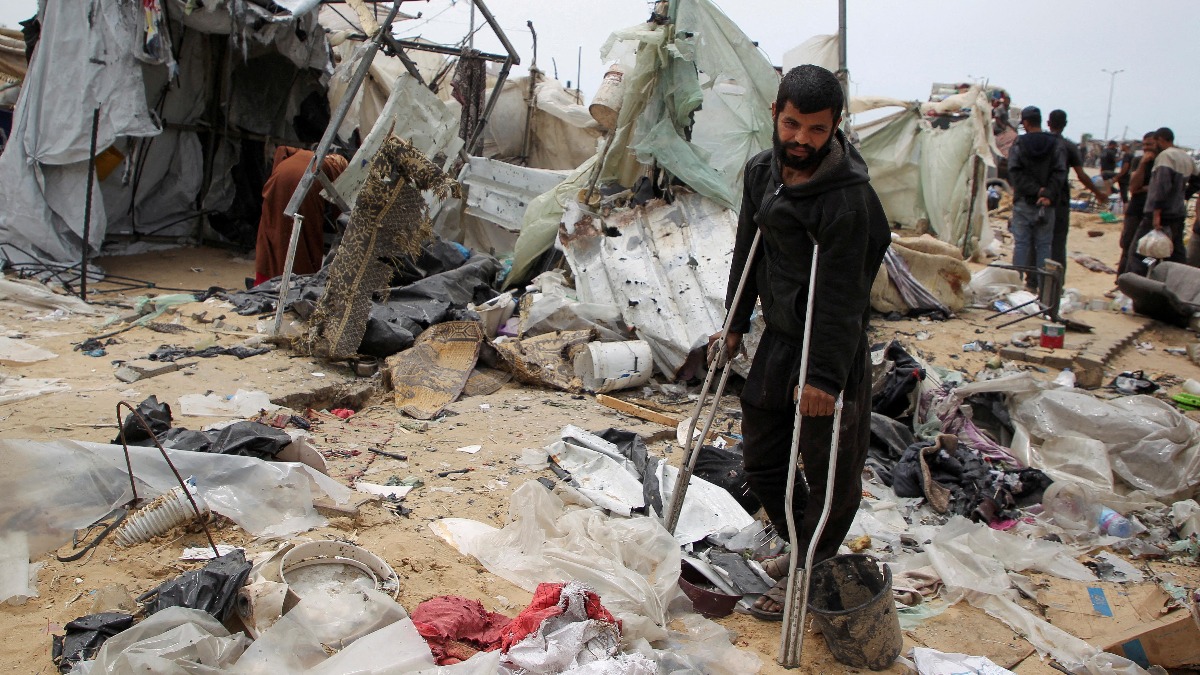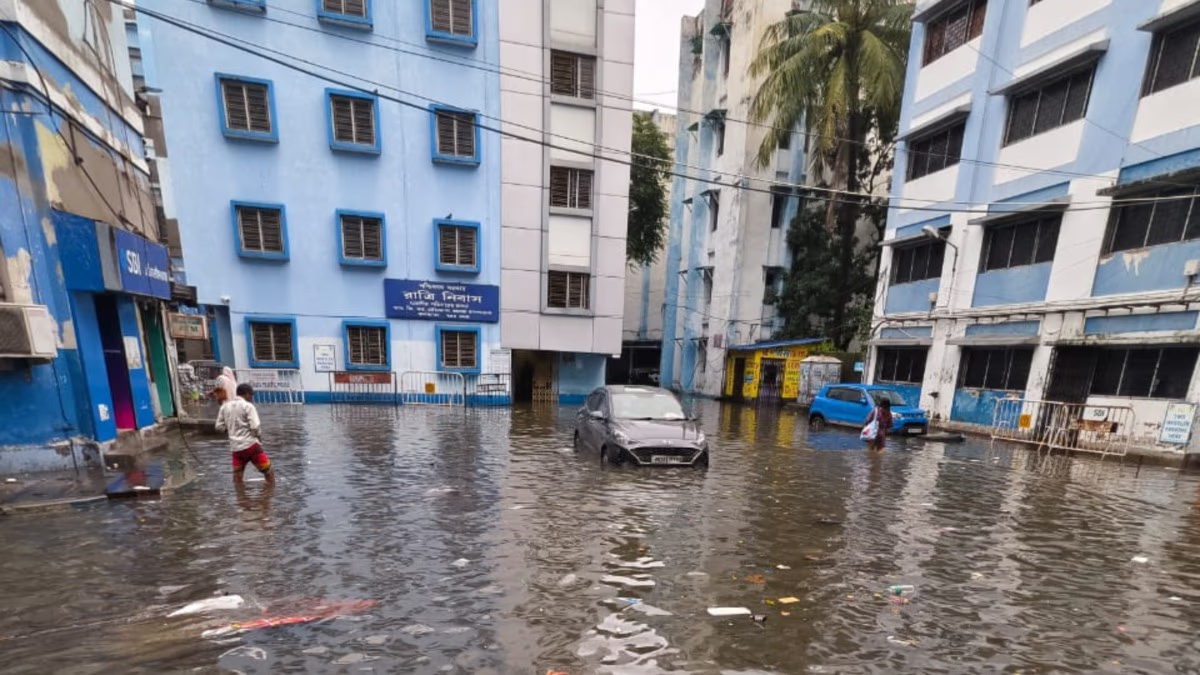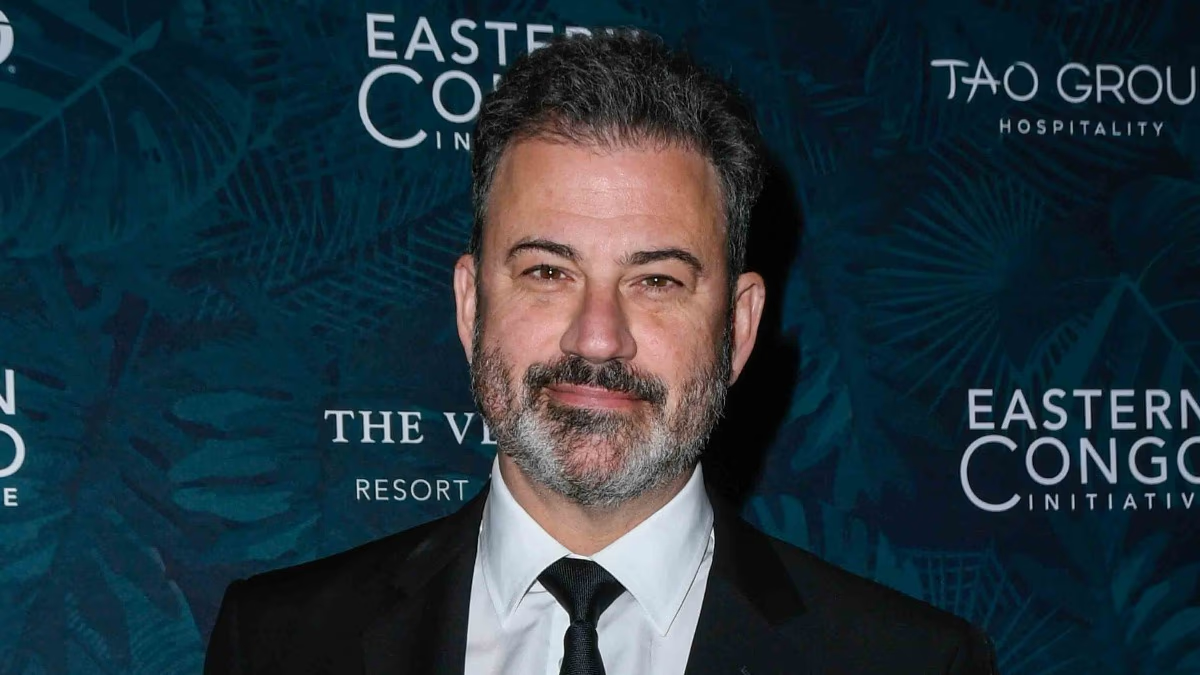Situation continues to escalate in Rafah, located in the Gaza Strip, with persistent assaults launched by the Israeli military for the past three weeks.
According to news agency AP, every entry point into Gaza is under Israeli control, with humanitarian aid unable to reach the area. This scenario indicates a potential escalation of ground offensives by Israeli forces.
Global criticism is rising against Israel's actions in Rafah, while Israel maintains its stance that the conflict will continue until Hamas is eradicated.
The city of Rafah was once a safe haven for over a million Palestinians. With the latest surge in attacks, questions arise about the intentions behind Israel's rigorous military actions.
What Drives Israel's Strikes on Rafah?
Israeli military operations in Rafah began on May 6. However, Israeli Prime Minister Benjamin Netanyahu had previously called for these operations as early as February 9, with the goal of dismantling Hamas. Major concerns circle around Hamas's four battalions in Rafah.
Netanyahu relayed the need to evacuate civilians prior to a major operation in Rafah to ensure the safety of noncombatants and to accomplish the targeted termination of Hamas's battalions.
According to Netanyahu, Israel's military campaign will cease only with the complete eradication of Hamas, metaphorically likening their survival to a potential genocide by ‘new Nazis’ if left unchecked. Meanwhile, denying Israeli forces entry into Rafah could be tantamount to conceding defeat.
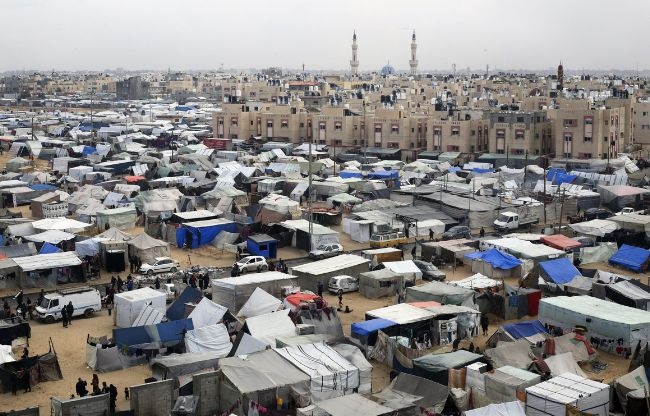
Source: aajtak
Israel's Course of Action in Rafah
Nearly seven months after the onset of combat with Hamas on October 7, Israeli forces initiated operations in Rafah on May 6. IDF claims significant achievements including the termination of 20 Hamas combatants and the discovery of three tunnels.
The Israel Defense Forces claim full control over the narrow, 13-kilometer long border with the Gaza Strip. They state the border is vital for Hamas as it's used for smuggling arms. IDF has also claimed the discovery of 20 smuggling tunnels in this area.
On May 20, IDF reported the elimination of 30 more Hamas fighters, with both ground and aerial assaults intensifying. A particularly harrowing attack took place on May 27, where Israeli forces bombed a relief camp in Rafah, marking the first time a relief camp was targeted, resulting in the claim of 45 civilian deaths by Hamas.
Following the attack on the relief camp which garnered worldwide criticism, Netanyahu referred to it as a 'tragic accident’. An investigation was pledged despite IDF claims of targeting a Hamas base, which allegedly resulted in the death of two top commanders.
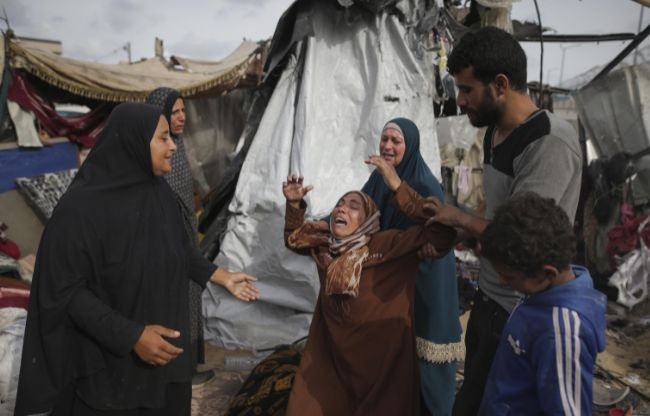
Source: aajtak
Why is Rafah so Critical?
Following Hamas's attacks on Israel last October 7, the war commenced, and Israel responded with an offensive against Gaza. Netanyahu declared this as a war against Hamas, designated as a terrorist organization by Israel.
Civilians were urged to move from north to south, with the southern city of Rafah's population swelling from 300,000 to over 1.4 million, mostly comprising refugees.
Rafah's significance is highlighted by its unique geographical position, not bordering Israel but instead, sharing its boundary with Egypt. This area has been crucial for humanitarian aid flowing into Gaza, which now faces disruption due to intensified Israeli attacks.
Philip Lazarini of the United Nations Relief and Works Agency (UNRWA) reports that in the past three weeks over a million people have fled Rafah.
As Israel and Hamas' fight continues, eight months have seen over 37,000 casualties with countless others displaced, now living the life of refugees in camps.
